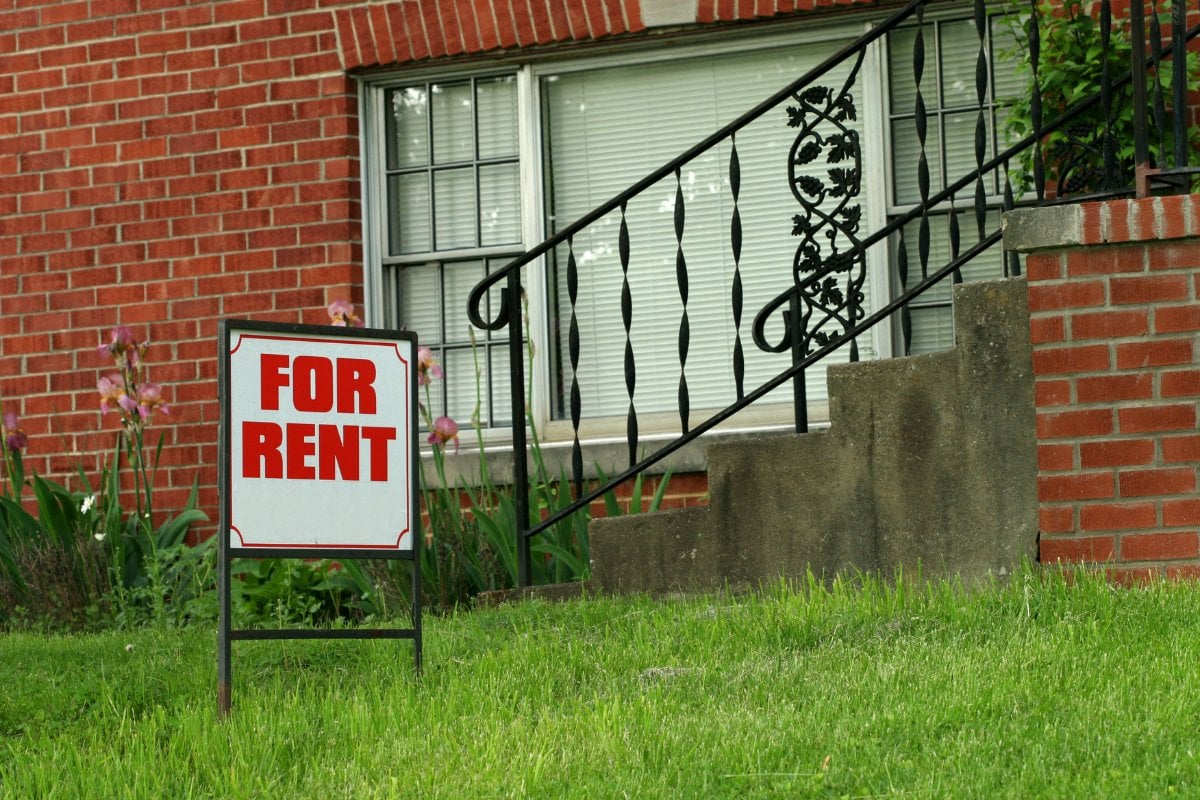
When we think of the term "catfish," we usually picture a dating-app disaster. But the word is now being used in an entirely different context: 'catfish homes'.
According to realestate.com.au, "Australia’s ongoing rental crisis has driven a dramatic rise in homes represented by inaccurate or digitally altered images designed to lure unsuspecting tenants into properties they wouldn’t otherwise want."
As if finding a place to rent wasn’t hard enough...
We decided we needed to understand more about these scams — and how not to be trapped by them — so we went in search of some expert advice.
Here's what we found.
What are the current rental scams to look out for?
The most common rental scam people currently encounter is the "phantom rental", says Leanne Vale, who is the Chief of Financial Crimes and Cyber Resilience at COBA (Customer Owned Banking Association).
"This is when scammers create listings for properties that don't exist, using stolen photos," she told Mamamia. "Once you pay a deposit or bond, or share personal information, the scammers disappear.
"Another tactic involves hijacking legitimate rental listings from reputable websites or platforms and reposting them with altered contact information or photo," she added. "This diverts inquiries and payments to the scammer, so unsuspecting renters believe they're interacting with the real property owner or manager."
Big yikes.
"The theft of personal information through rental scams is another method used by criminals. Scammers often request sensitive documents, like passports or bank statements, under the guise of verifying your identity. This opens the door to further fraud including identify theft."